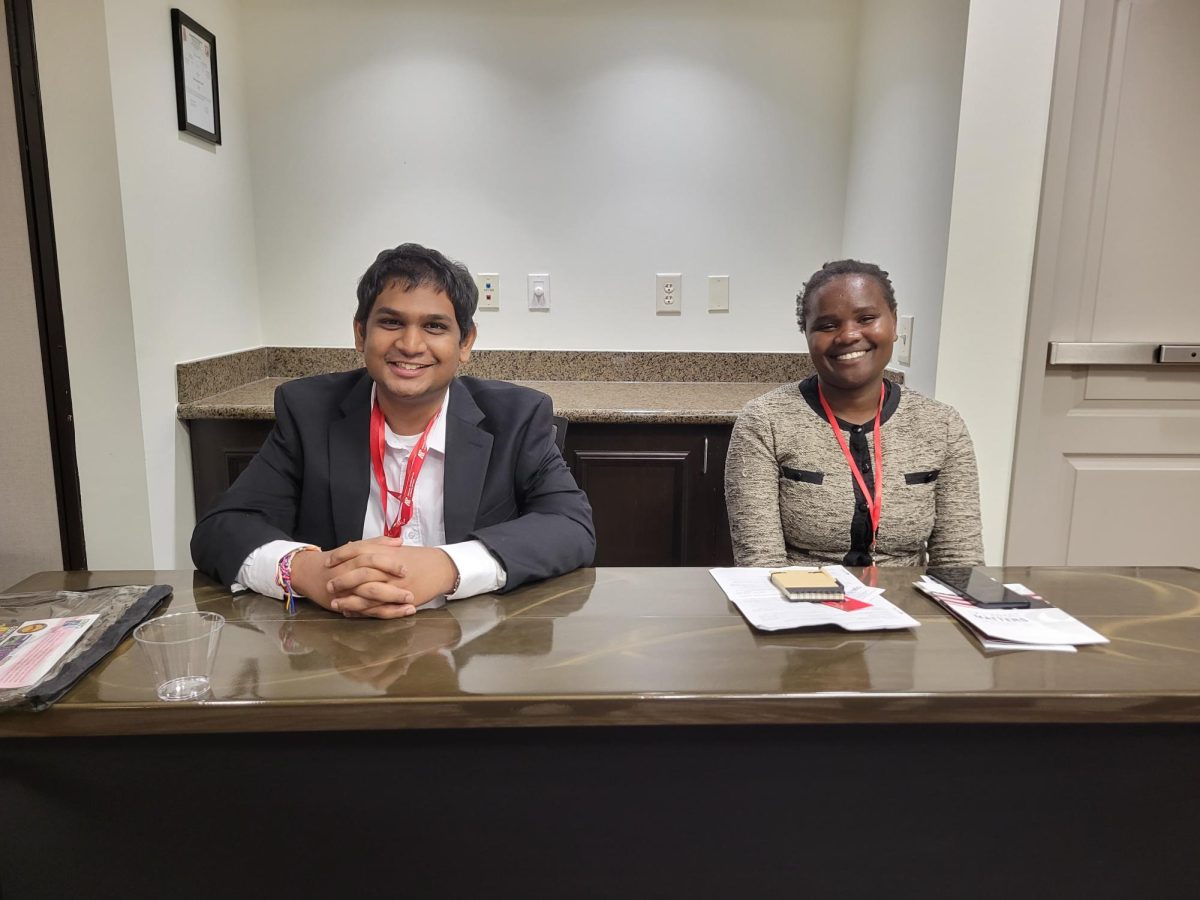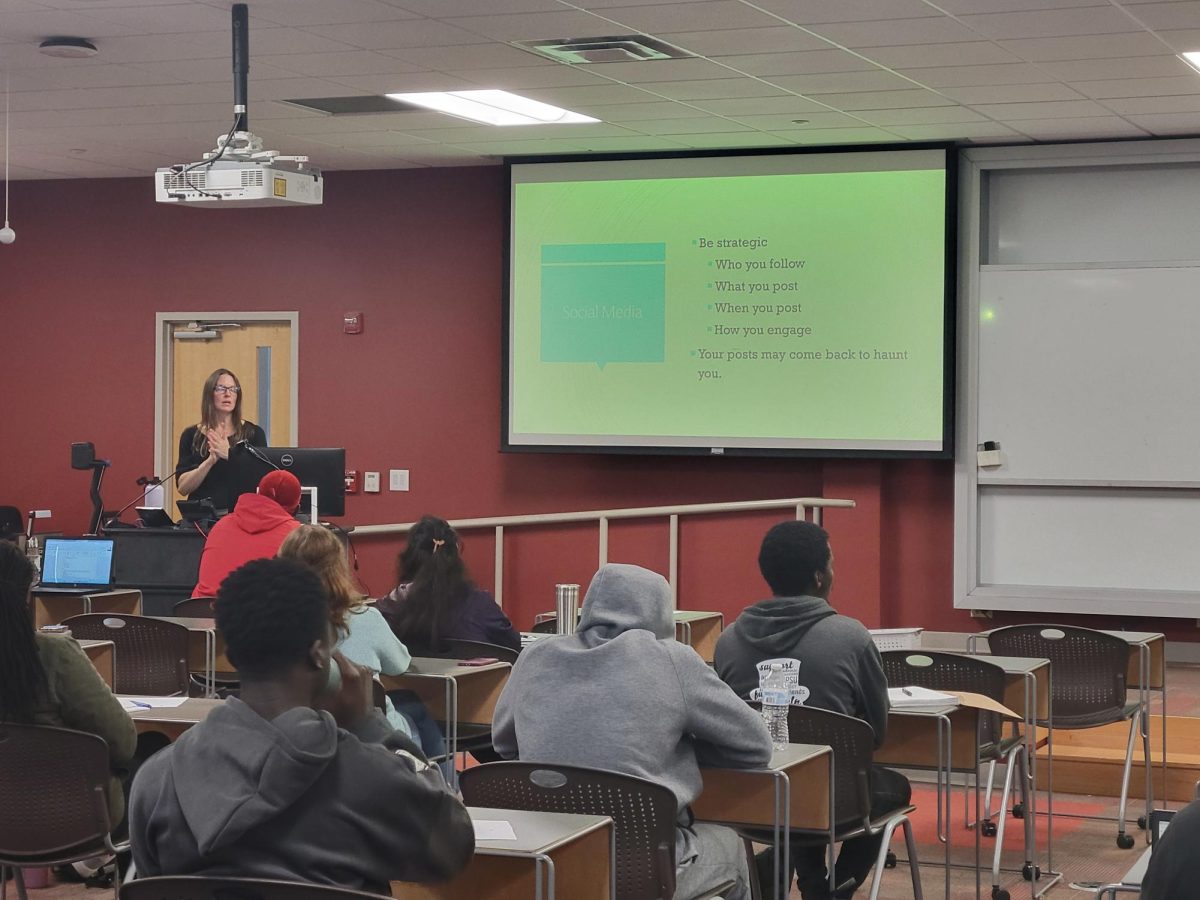MAHALIA SMITH | SENIOR STAFF WRITER
STD rates are rising among U.S. citizens, according to the latest CDC reports. Adolescents and young adults, those aged 15-24, account for half of all new STD cases. The latest data is from 2016, and includes all 50 U.S. states and territories including Puerto Rico, Guam, Virgin Islands, and Washington D.C.
The CDC Report
There were over one million reported cases of chlamydia in the age group, showing an overall increase from the previous year. In Tennessee, the chlamydia rate was 3,637 per 100,000 females, and 1,379 per 100,000 males. In general, southern states had more cases than northern.
According to the CDC, chlamydia is curable. When it is untreated, it can lead to infertility in women. People can get chlamydia again after it has been cured, and pregnant women with chlamydia can pass it on to their child during birth.
In 2015-2016, gonorrhea increased 11.5 percent in 15-19-year-olds, and 10.9 percent in 20-24-year-olds. In Tennessee, the gonorrhea case rate was 682 per 100,000 females, and 557 per 100,00 males. Like with chlamydia, most of the high-rate states were in the south.
Gonorrhea can also be cured, according to the CDC. When left untreated, it causes serious complications. Pregnant women with gonorrhea can pass it on to their child during birth.
In 2015-2016, primary and secondary syphilis increased 13 percent in 15-19-year-olds and 8.1 percent among 20-24-year-olds. State figures were not given for syphilis. The rate of syphilis in women aged 15-19 was 3.3 cases per 100,000. In 2016, the rate was 6.7 per 100,000 in women aged 20-24, 8.9 per 100,000 for men aged 15-19, and 37.9 per 100,000 for men aged 20-24.
Syphilis is also curable, but harmful if left untreated. There are four stages: primary, secondary, latent, and tertiary. Symptoms include sores and rashes in the primary and secondary stages. Tertiary syphilis can affect the heart and brain. Syphilis can also be passed during birth, and cause problems in vision and hearing for the child.
APSU’S TAKE
Boyd Health Services, located in the Ard Building, offers confidential STD screening to all APSU students.
Billy Randolph is a graduate assistant at Health Services. He is studying Social Work.
“We do all kinds of testing for STDs and it works just like any other test, so like if you have strep, they test you, it’s just a small charge to their student account for the testing process,” Randolph said.
Young adults are highly affected for several reasons.
“College students are super susceptible to transmitting STDs because they seem to be less aware that they need to use protection when they are having sex, so it just spreads faster,” Randolph said.
Because of the risks, regular testing is recommended.
“It’s completely confidential, no stigma, and honestly if they are sexually active, they should come get checked out regardless if they see anything wrong or not,” Randolph said. “For chlamydia for example, there are usually no symptoms for months, or even years, and if that goes untreated, there are some pretty dire consequences, infertility is one.”
APSU offers free preventative care as well as screening.
“We have condoms just chilling in the lobby, and they can ask any of the nurse practitioners, they can come in this office ask me, we have all kinds of free condoms to give to students,” Randolph said.
As STD rates rise, so does the concern about awareness. While there are many ways to get treatment, people may not be aware of those ways. For example, many consider condoms as only birth control.
“I think a lot of times they associate condoms with babies, not also with sexually transmitted diseases,” Senior journalism major Bre Stevens said.
More education on how to handle sexual encounters may be helpful as well, Stevens said.
“They don’t teach women enough ways to try to get out of sexually pressured things, because not everything is necessarily sexual assault or sexual abuse, but some things are pressured, and we as women sometimes don’t know how to get out of that,” Stevens said.
Mental health is also important when STDs are involved.
“Just like how there should be awareness of your body, like the clinic, they don’t really tell you how it has a negative effect on your mind as well,” Stevens said.
While APSU does have Health Services, students are not always aware of it.
“I think I knew that there was stuff provided, but I didn’t know if it was because I heard about it, or because it is a public university so most of them do provide something,” sophomore public relations major McKinzie Lilly said. “But I definitely do think there needs to be more awareness.”
Spreading awareness of Health Services would be beneficial to students, Stevens said.
“I don’t know if the school knows how to market to new students coming in,” Stevens said. “I think that letting people come to them is what they’re used to.”
Stevens recalled a lack of awareness programs in her freshman year.
“The most they probably did was they had a health day where they passed out condoms,” Stevens said.
As STDs rise, the need for awareness and treatment does as well. Students wishing to get tested can visit Health Services in the Ard Building. More information on STDs is available on the CDC’s website.
Check out this infographic below:








